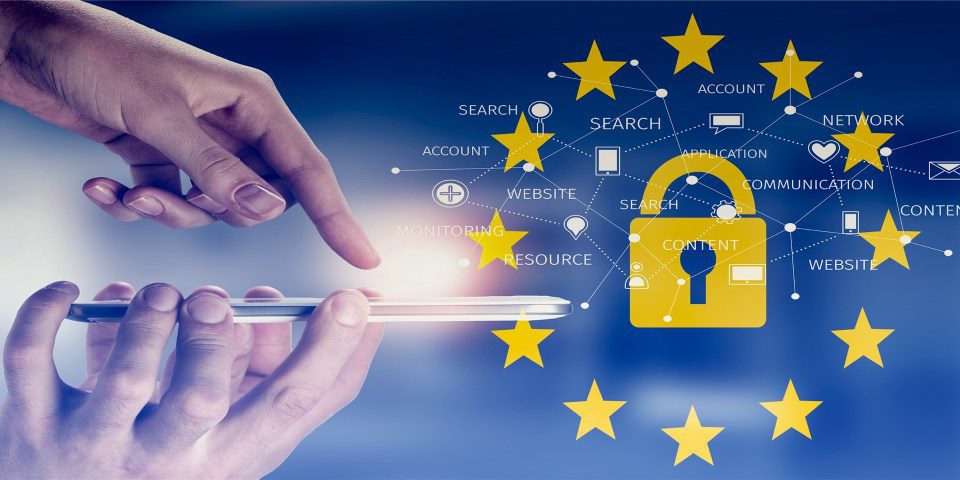I have always been a very private person. As the digital age began, I struggled to keep my privacy and make sense of which digital service holds what data of mine. Over the years, as services like Gmail, LinkedIn, Facebook, WhatsApp and others became tools I use on a daily basis, I found my balance and now feel I regained some of my privacy and I know how to control what I publish on each platform in order to keep my privacy at the right level (to each his own of course).
Although I feel I found my balance in the digital age, I am a very technical person and it was rather easy for me to learn fast and implement fast but not everybody around me is part of this world the way I am and not everyone can easily and quickly understand techy lingo, privacy and user settings and how they often change.
That is why I always felt some measures should be taken to protect people’s privacy, even if they are less digitally savvy, because everybody uses at least some digital tools today.
I am not an EU citizen but when I saw the first publications about the GDPR (General Data Protection Regulation) by the EU Parliament I was very curious to see what they have done to help people protect their privacy in the digital age.
Being a business owner, I see why many business owners fear the day GDPR will start being enforced (May 25, 2018). As a former developer, I see the amount of changes software companies and website owners need to implement in order to comply with the GDPR regulations. The more private data you save about your customers, the more preparation you have towards that date. That seems to be the simple equation in this case.
Nevertheless, I feel the EU Parliament addressed some serious privacy issues that, as I see it, needed to be addressed long ago, and for the long run will help many people, who are not digitally savvy like me, protect important personal information.
I find many small changes made by the EU in the GDPR to be very important, not only in protecting my data but also simple things that were never enforced legally in the digital world before, such as “Breach Notification” – the need to let people know when their digital data is compromised, “Right to be Forgotten” – the need for every person to revoke their consent of participation in a digital service of any type also giving them the ability to totally erase their data from the service provider’s servers.
I see mega companies like Facebook and Google, banks, government offices making the efforts to protect their users’ privacy seriously for the first time and I feel it is a worthy effort. Those companies will argue this is not the first time they have addressed those issues, but looking at it from the user’s side, I beg to differ.
I, as a man who highly appreciates his privacy and see the amount of privacy violations in today’s digital age, welcome the EU Parliament’s new set of rules and hope that many more countries throughout the globe will embrace the idea that the Europeans are trying to conserve and promote: Privacy is an important thing, especially in today’s digital and connected age.






